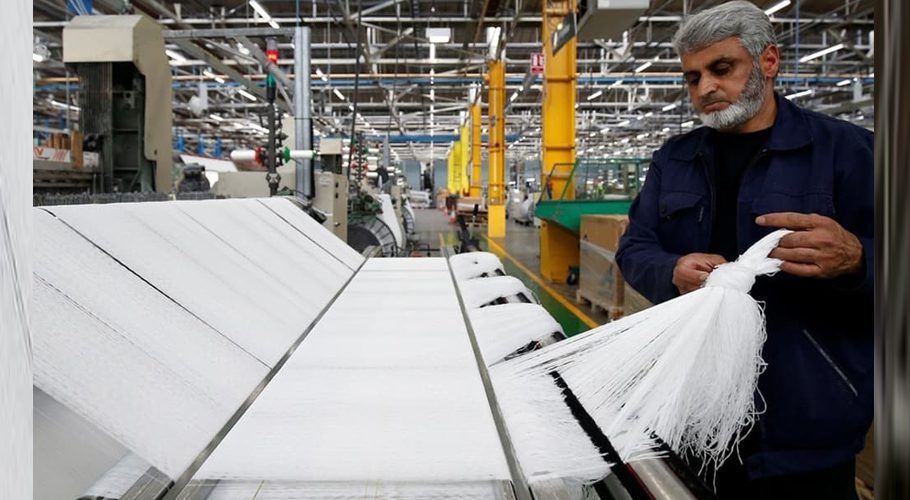Pakistan’s textile sector is facing a crisis as factories especially bedsheets, towels exporters are shutting down their operations, amid scarcity of raw material in the wake of floods devastation, reported Bloomberg on Tuesday.
As many as 100 smaller mills have stopped operating as a result of a lack of high-quality cotton, rising fuel prices, and the difficulty in collecting payments from customers in flood-affected areas, Khurram Mukhtar, patron-in-chief of the Pakistan Textile Exporters Association (PTEA), was quoted as saying in Bloomberg report.
However, larger exporters, which provide goods to global brands i.e., Nike Inc., Adidas AG, Puma SE, Target Corp., remain less affected as they have sufficient inventory available, he said.
The development comes as extensive areas of agricultural land in the north and south of the country, particularly in Sindh and Balochistan, were ravaged by flash floods brought on by record monsoon rains and glacier melt, wiping out whole crops, including cotton.
According to the most recent weekly statistics, which was issued on Monday by the Pakistan Cotton Ginner’s Association (PCGA), the destruction caused cotton arrival to decline 24% year over year. The hardest-hit province, Sindh, recorded a significant 41% reduction in cotton arrival.
The All-Pakistan Textile Mills Association (APTMA) projected cotton losses last month due to rain and flooding in the country at 3.5 million bales, 36% of the crop, or $1.5 billion in output losses.
Meanwhile, the Bloomberg report added that the closure of textile mills, such as AN Textile Mills Ltd., Shams Textile Mills Ltd., J.A. Textile Mills Ltd. and Asim Textile Mills Ltd., could worsen the country’s employment situation and hit its exports.
Additionally, Mukhtar noted that the prolonged economic recession in the West is hurting prospects for bigger businesses, with demand for their goods falling by around 10% by December.
According to a PTEA official, Pakistan’s current fiscal year cotton production may only reach 6.5 million bales, well below the objective of 11 million bales.
According to Gohar Ejaz, patron-in-chief of APTMA, the decline in production would force the cash-strapped South Asian nation to spend roughly $3 billion on cotton imports from other countries.
A serious crisis is brewing for Pakistan as a result of the trend, where a ballooning import bill has put tremendous pressure on the rupee, which has lost over 22% of its value this year despite recent gains.





































